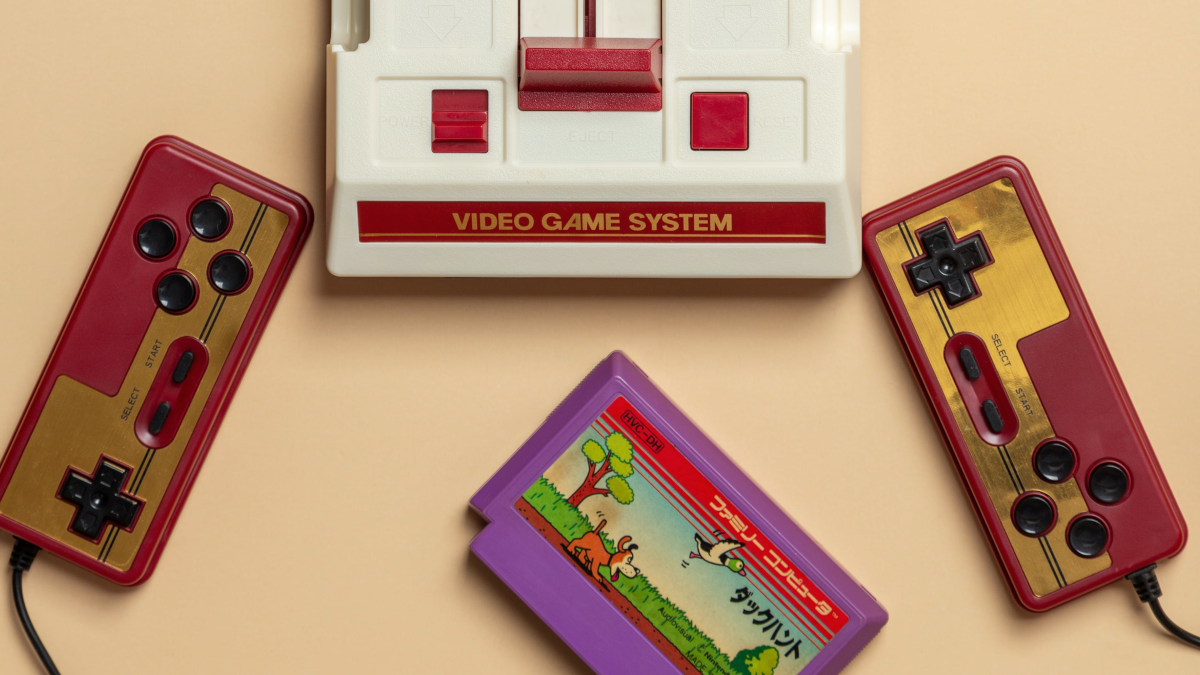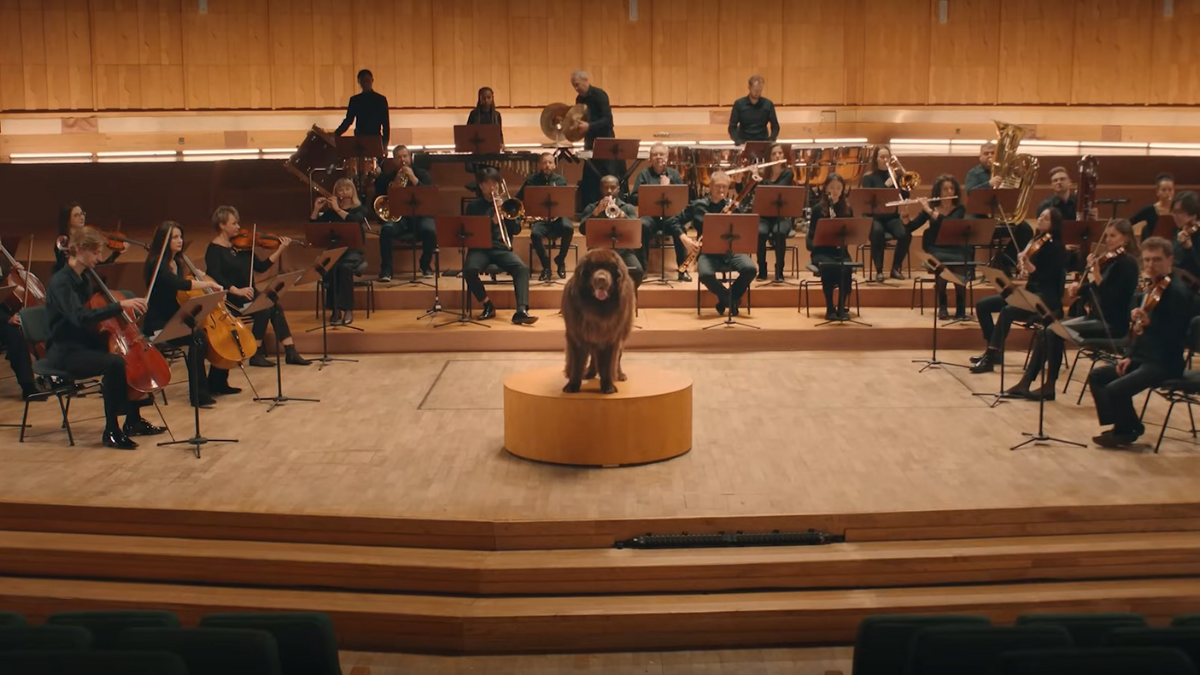As a society we’ve debated the death of CDs in music and DVDs in film and television (although both are making a spirited comeback) and now, to complete the set, let’s talk about the apparent demise of physical media in gaming. Are discs and cartridges still relevant? Will the gaming industry go full circle (as music, movies and TV has arguably done) and realise that physical has value, to both gamers and gaming companies?
I guess, to set the scene, we could start with the fact that, recently, Xbox fired its entire physical disc department as it moves towards embracing a digital-first future. Reporting on this, Gamerficial said this was ‘a clear sign of changing times’. But is it? Are physical versions of games on the way out? They’ve certainly been rumoured to be for years now. Gameopedia has a great breakdown on the decline of physical and rise of digital.
Gamers discussing this on Reddit say increasing file sizes are part of the problem, and asked whether it was time for the industry to invent a new type of media. Although large file sizes have been a thing for some time: Red Dead Redemption II, a game considered ahead of its time in 2018, was 150GB on release. A year later both Call Of Duty: Modern Warfare and Gears 5 clocked in at a whopping 175GB. In 2022 The Last Of Us Part I was 100GB, and in December at the Game Awards, 2023’s Game Of The Year, Baldur’s Gate 3, was 150GB. PC Gamer predicted these bigger game sizes back in 2018, and in November last year Techspot charted their growth. You can see from their analysis that, in the last decade, games have continued to grow.
In May last year PC Gamer said ‘the era of 100GB games is upon us, and the average PC gamer is underprepared.’ This matters because, quite often when you buy a physical game you can’t just play it straight out of the box. You first need to download various patches and updates. Thus the disc, in some cases, is only really half the product. Perhaps this is a modern issue, with studios under pressure from shareholders and their boards to rush games out before they’re ready (hello, Cyberpunk 2077). For many, it’s simply far easier to just download a game that has all the latest updates and is (hopefully) ready to be played. Although the argument that you never truly own a digital game still has merit. For me as a gamer, I’ve done a bit of both: owned physical games and bought digital downloads. I like the flexibility and the choice to own physical or just get digital, depending on the game.
To step back and look at the big picture for a second… part of the discourse around the relevance of physical media comes down to where you do your gaming: are you Sony (PlayStation), Microsoft (Xbox), Nintendo (Switch) or PC? For discs, PC was probably first to go. Way back in 2017 on a Steam forum users were already debating whether physical games were dead, with one person saying they were ‘for collectors only’ now. Sony seem to be sticking with physical for now (albeit to a limited degree), and Nintendo have the Switch 2 coming out later this year, which, encouragingly, retains a cartridge slot. (In some ways, I liked that Nintendo returned to cartridges.)

This just leaves us with Microsoft. If you subscribe to their Game Pass (via Xbox or PC) you’ll have access to over 100 games. You can install and uninstall them whenever you like, as long as they’re still on the Game Pass, of course. And, in some cases, you don’t even need to install them, and can just play them via cloud gaming — a way to game that is growing fast. Statista predict that, this year, the revenue for the cloud gaming market worldwide will reach $6.91bn — further diminishing the need for physical discs as gamers increasingly rely on the cloud.
In September last year Xbox’s President, Sarah Bond, talked to Auren Hoffman about the future of Xbox and said, when it comes to the Game Pass as a subscription service, they spent a lot of time looking at Netflix and Spotify. And, in terms of gaming habits, some people ‘buy one game and play it all year’, while others ‘love the idea of having access to hundreds of games’. They wanted the Game Pass to be able to cater to both groups.
Undoubtedly part of pushing this subscription strategy will be encouraging gamers to move away from physical media (as is evident with Xbox firing an entire department, mentioned at the start of this article), but perhaps discs and the like will never fully go away. This is something echoed by Ubisoft’s SVP Strategic Partnerships & Business Development, Chris Early, in an internal interview in October last year, when he said similar to the user on the Steam forum I mentioned earlier — how physical copies of games will be more for collectors going forward. He did go on to say ‘we’re seeing a broader range of subscription services in games, and I think that will continue’.
Which perhaps brings us to some kind of conclusion — in that we’re entering an era of digital-first gaming and different types of subscriptions on offer, perhaps in the way we’ve seen with streaming on TV, with platforms like Crunchyroll for anime and MUBI for art-house and classic movies. That said, maybe Nintendo are onto something with cartridges; and that having something robust and tangible as part of your gaming experience is important, alongside the fact that cartridges have some benefits over discs.
Whatever the final outcome, it does feel like gaming is in a period of change and evolution. This could mean an exciting era of choice for gamers, but I feel we’ll lose something valuable if we let go of physical media entirely.
Featured image: Stas Knop / Pexels
































